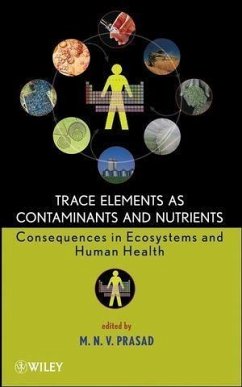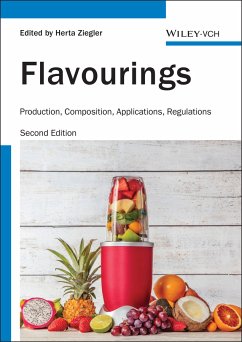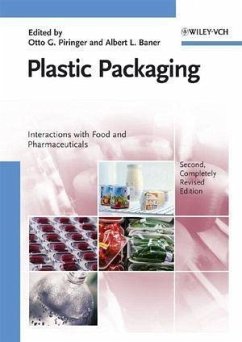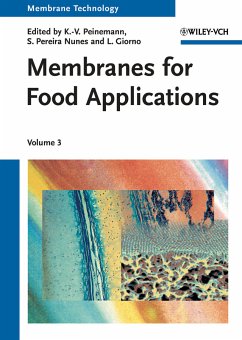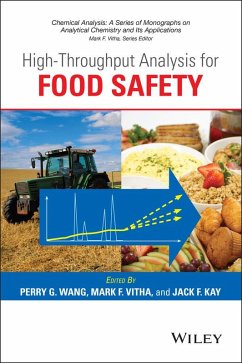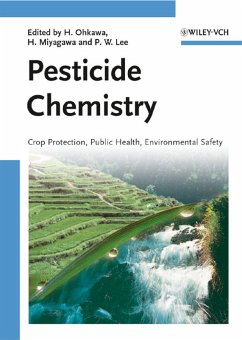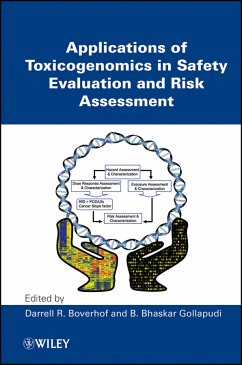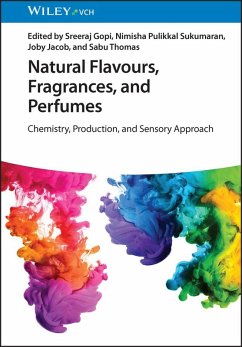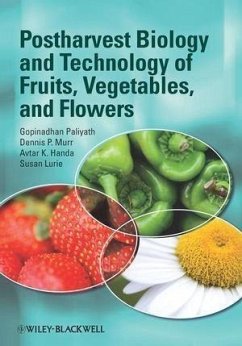
Toxicogenomics (eBook, PDF)
A Powerful Tool for Toxicity Assessment
Versandkostenfrei!
Sofort per Download lieferbar
163,99 €
inkl. MwSt.
Weitere Ausgaben:

PAYBACK Punkte
0 °P sammeln!
Toxicogenomics is the integration of genomics to toxicology. This technology is a powerful tool for collecting information from a large number of biological samples simultaneously and thus it is very useful for large-scale screening of potential toxicants. Toxicogenomics: A Powerful Tool For Toxicity Assessment provides up-to-date state-of-the-art information presented by the recognized experts, and is therefore an authoritative source of current knowledge in this field of research. The potential link between toxicology, genetics and human diseases makes this book very useful to investigators ...
Toxicogenomics is the integration of genomics to toxicology. This technology is a powerful tool for collecting information from a large number of biological samples simultaneously and thus it is very useful for large-scale screening of potential toxicants. Toxicogenomics: A Powerful Tool For Toxicity Assessment provides up-to-date state-of-the-art information presented by the recognized experts, and is therefore an authoritative source of current knowledge in this field of research. The potential link between toxicology, genetics and human diseases makes this book very useful to investigators in many and varied disciplines of science and toxicology. Topics covered include: * mechanistic toxicogenomics * analysis and interpretation of toxicogenomic data * principles of data mining in toxicogenomics * design issues in toxicogenomics studies * sources of variability in toxicogenomic assays * Escherichia coli stress response as a tool for detection of toxicity * toxicogenomics as a tool to assess immunotoxicity * toxicogenomics and ecogenomics for studying endocrine disruption and basic biology * use of toxicogenomics as an early predictive tool for hepatotoxicity * nutrigenomics: the application of genomic signatures in nutrition-related research * application of toxicogenomics in drug discovery * potential uses of toxicogenomic biomarkers in occupational health and risk assessment * usefulness of toxicogenomics in the regulatory environment * perspectives on toxicogenomics at the US Environmental Protection Agency Toxicogenomics: A Powerful Tool For Toxicity Assessment is an essential resource for research scientists currently engaged in toxicogenomics, and will also be of interest to researchers working in toxicology, genetics, medicine, pharmacology, and food sciences, and to regulators and risk assessors of drug, food, environmental and agricultural products.
Dieser Download kann aus rechtlichen Gründen nur mit Rechnungsadresse in D ausgeliefert werden.




